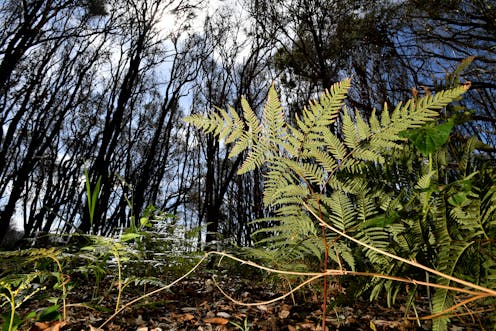6 books about the climate crisis that offer hope
- Written by Euan Ritchie, Professor in Wildlife Ecology and Conservation, Centre for Integrative Ecology, School of Life & Environmental Sciences, Deakin University

Coral bleaching[1], floods[2], bushfire[3], biodiversity decline and extinction[4] – as we witness the effects of climate change, amid a stream of reports[5] warning of the cost[6] of government inaction, it is easy to feel overwhelmed.
How to counter the gloom? We asked six environmental experts to each nominate a book about the climate crisis that offers hope.
1. All We Can Save: Truth, Courage, and Solutions for the Climate Crisis – edited by Ayana Elizabeth Johnson and Katharine Keeble Wilkinson (2020)
Read more https://theconversation.com/6-books-about-the-climate-crisis-that-offer-hope-182668

















